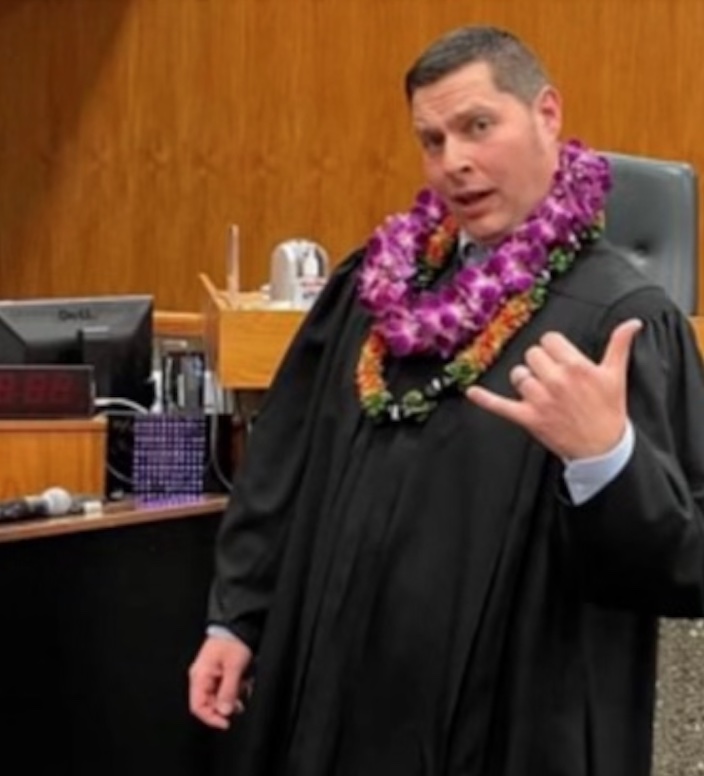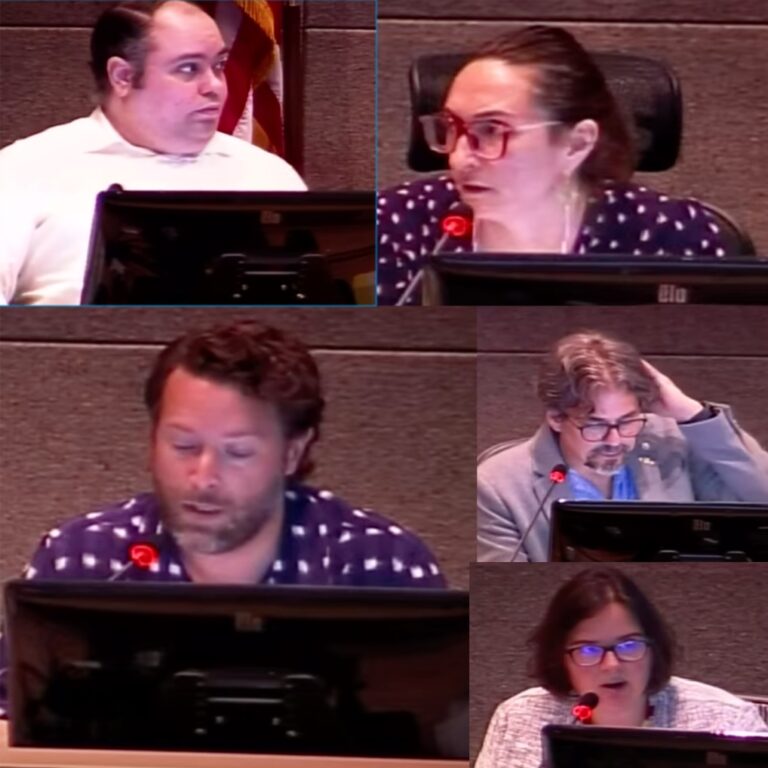U.S. Sen. Lisa Murkowski and other women senators, mainly Democrat, introduced legislation that adds money to research into menopause and mid-life women’s health.
The Advancing Menopause and Mid-Life Women’s Health Act, authorized at $275 million over five years, or $55 million per year, would expand federal research on menopause, health care workforce training, awareness and education efforts, and public health promotion and prevention to better address menopause and mid-life women’s health issues.
Sponsors and cosponsors besides Murkowski include: Senators Patty Murray (D-WA), Tammy Baldwin (D-WI), Susan Collins (R-ME), Amy Klobuchar (D-MN) and Shelley Moore Capito (R-WV), Sens. Maria Cantwell (D-WA), Catherine Cortez Masto (D-NV), Tammy Duckworth (D-IL), Kirsten Gillibrand (D-NY), Maggie Hassan (D-NH), Jacky Rosen (D-NV), Jeanne Shaheen (D-NH), Tina Smith (D-MN), Debbie Stabenow (D-MI), Mazie Hirono (D-HI), and Kyrsten Sinema (I-AZ).
“Menopause is a reality in every woman’s life – yet it is astonishing how little research has been done to address the multitude of symptoms and treatments,” said Sen. Murkowski. “This bipartisan legislation I’m leading alongside Senator Murray, with support from countless advocates in Alaska and around the country, is an important step towards closing the gap in research for women’s health. It is past time for us to extend our research focus to be inclusive of women across the full spectrum of life.”
“Women should not have to face menopause alone, nor should we accept a status quo that treats menopause—which half the population will experience—as something to be swept under the rug. Menopause is a key part of women’s health that deserves serious attention and investment,” said Sen. Murray. “This bill will help empower the federal government, the public, and health care providers to better understand women’s mid-life health issues and improve every woman’s experience of menopause—this really matters.”
The bill has the support of Halle Berry, an actress and former beauty pageant contestant.
“By advocating for my own health and wellbeing during menopause, I am not only standing up for myself but for all women,” said Berry. “Because, if we are fortunate enough to live this long, we will all experience this phase of life. Today is a call to action for each and every one of us to stand together and demand the care and attention that we so vitally deserve.”
The Advancing Menopause and Mid-Life Women’s Health Act would:
- Expand federal research on menopause and mid-life women’s health:
- Authorize $25 million per year over five fiscal years for NIH to award grants to support biomedical, public health, clinical, and translational research and innovation related to menopause and mid-life women’s health.
- Establish new Research, Condition, and Disease Categorization (RCDC) categories for chronic or debilitating conditions among women related to menopause and mid-life women’s health.
- Strengthen coordination within the NIH and across HHS to expand federal research into menopause and mid-life women’s health and prevent adverse health outcomes among women experiencing menopause and postmenopausal syndrome.
- Support translational research activities to speed the translation of federal research to support health care delivery of perimenopause and menopause care and related women’s health services.
- Require HHS to expand public health research, health care quality research, data collection and reporting, and occupational health research related to menopause and mid-life women’s health.
- Support public health promotion activities to address chronic conditions affecting mid-life women’s health, strengthen early detection, diagnosis, and treatment of menopausal symptoms; improve health care delivery; and support the development of recommendations and best practices to expand access to mental and behavioral health care services for women experiencing perimenopause or menopausal symptoms. Authorized at $10 million per year over five fiscal years.
- Establish a national public health awareness, education, and outreach program on menopause and mid-life women’s health. Authorized at $10 million per year over five fiscal years.
- Improve professional training resources for health care providers on menopause and mid-life women’s health through a new grant program. Authorized at $10 million per year over five fiscal years.
- Direct the designation of Centers of Excellence in Menopause and Mid-Life Women’s Health, and authorize grants to support the improvement of professional training resources for health care providers on menopause and mid-life women’s health.
- Require HHS to report to Congress on federal research activities related to menopause and mid-life women’s health, related barriers to care for patients in rural and underserved areas; barriers to training for health care providers, and recommendations to expand access to care and increase public awareness.
- Support coordination between HHS and other federal departments and agencies—including the VA and DoD—related to menopausal symptoms, mid-life women’s health, again, and public health promotion activities.
A one-page explanation of the act is at this link.








